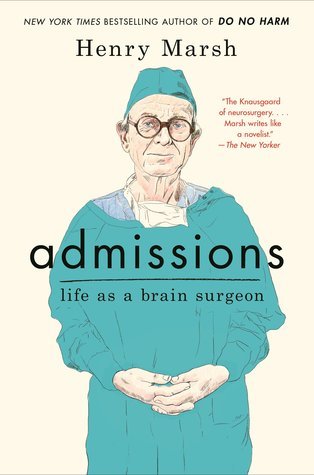More on this book
Community
Kindle Notes & Highlights
by
Henry Marsh
My subsequent life as a neurosurgeon was to teach me that the distinction between physical and psychological illness is false – at least, that illnesses of the mind are no less real than those of the body, and no less deserving of our help.
I have never entirely escaped the view that being a doctor is something of a moral luxury, by which doctors are easily corrupted. We can so easily end up complacent and self-important, feeling ourselves to be more important than our patients.
It is often said that it is better to leave too early rather than too late, whether it is your professional career, a party, or life itself. But the problem is to know when that might be.
We can relate to about 150 people on an informal, personal basis, but beyond that leadership, impersonal rules and job descriptions become necessary.
The suffering of the patients and their families is often terrible, and you have to fight not to become inured and indifferent to so much tragedy.
Mentioning the patient’s occupation is important: not so much for the traditional reason, which is to alert us to possible occupational diseases, but more to remind us that the patient is a person, an individual, and has a life and a story beyond being a mere anonymous patient with a disease.
Driven and ambitious people can achieve great things, but often make many enemies in the process.
There has always been a tension at the heart of medicine, between caring for patients and making money. It involves, of course, a bit of both, but it’s a delicate balance and very easily upset.
We sat in silence for several minutes. It is very important not to try to fill these sad silences with talking too much. I find it very difficult, but have got a little better at it over the years.


